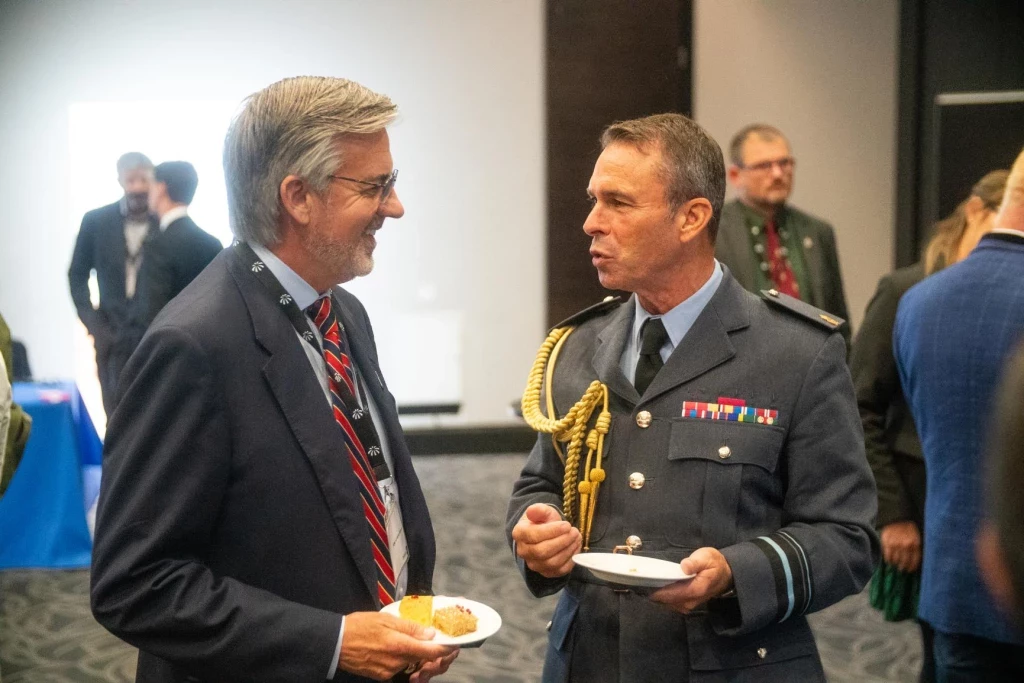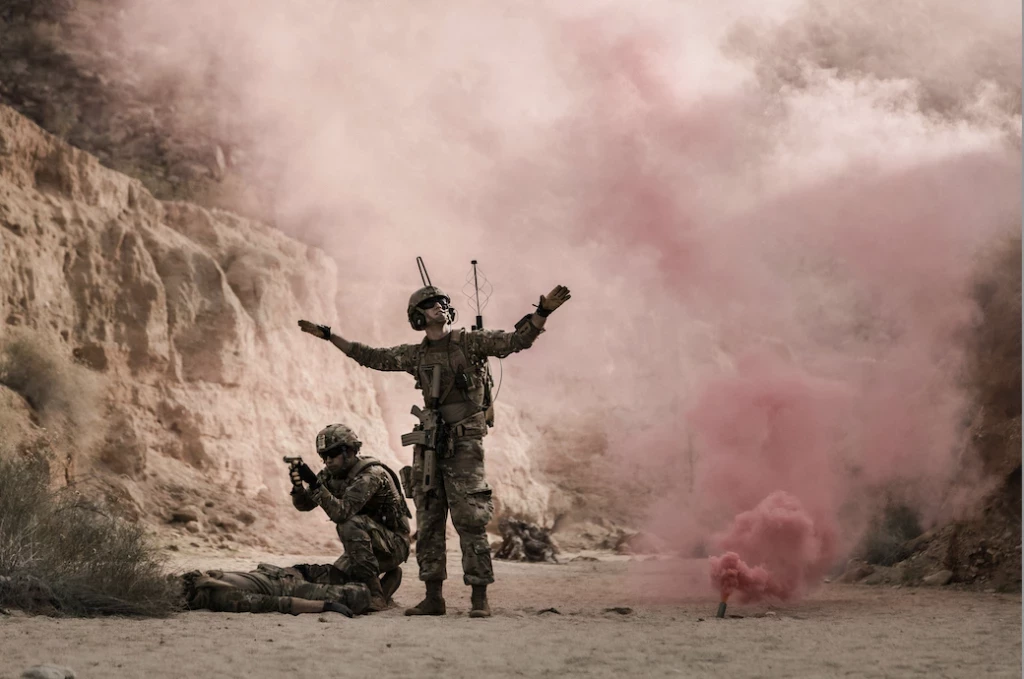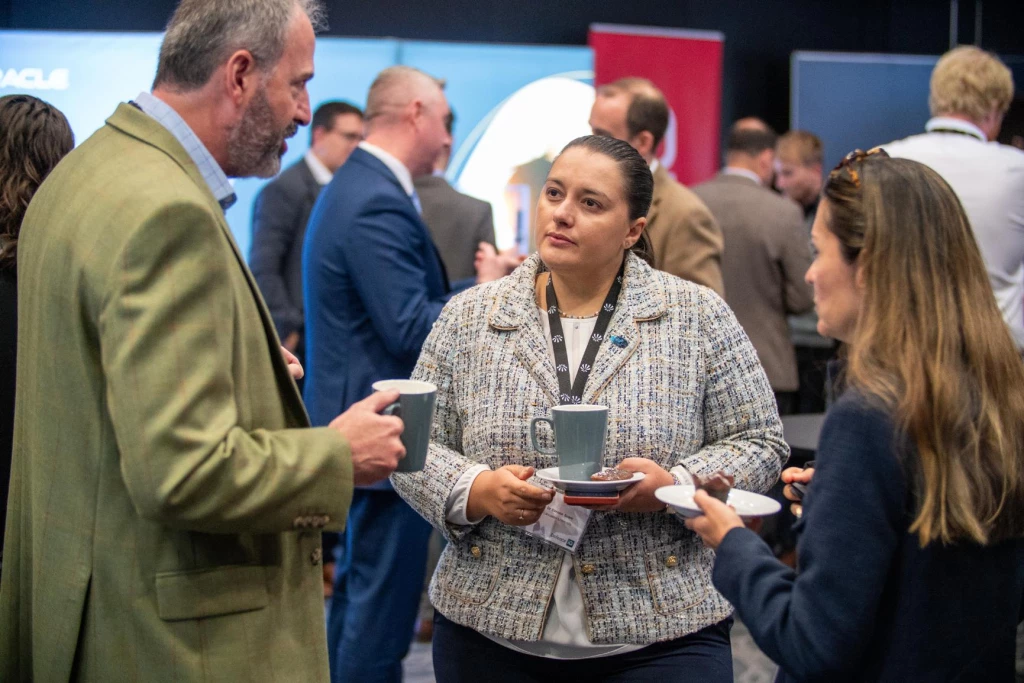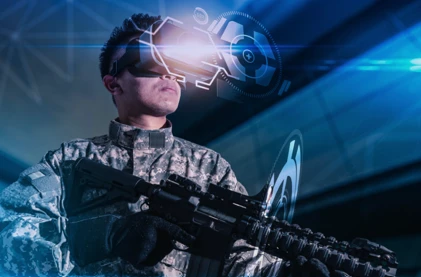Innovation Leaders: Veterans and the Tech Industry
Add bookmark
A part of Defence iQ's Editorial Theme for 2020, Innovation and Enterprise Transformation in Defence, we'll be publishing articles from senior contributors on a range of topics, such as procurement, R&D, leadership, culture and disruptive technology integration.
Work Ethic, Culture and Silicon Valley
One of the most valuable lessons I learnt growing up on a farm in rural Tennessee was that a job worth doing is a job worth doing well and right the first time. It was this mentality and work ethic that, at the age of 18, earnt me the opportunity to leave the family farm and go to California to join one of the largest and most innovative companies in the world, Apple, Inc., where I had the privilege of working for Steve Jobs and calling him my friend.
Today, I am the President and Co-Founder of Sweet Anchovies, a creative and technology development, deployment, and management consultancy in Silicon Valley that specializes in solving problems for some of the largest and most exciting companies in the world, including Apple.
As both a business owner and a former hiring manager at Apple, I have interviewed more candidates for job openings than I can remember. In my experience, an applicant's work ethic is one of the most important factors to consider when assessing their abilities and appropriateness for a position. Technology companies are high-pressure and high-skill environments that demand exceptional dedication and attention to detail. Individuals with a strong work ethic are less likely to cut corners or punch out early and leave their team members holding the bag. More effective teams mean better work product.
This is one of the primary reasons that I believe veterans make such great applicants in tech. Many of the characteristics that make a great employee - such as possessing a strong work ethic - veterans have already learnt in the military. Veterans possess a can-do/will do attitude and have experience leading or managing others. They are more likely to show respect for authority and are far more comfortable addressing senior members of an organisation than those without military service.

According to a September 2019 report from the Center for a New American Security (CNAS), “Veteran Tech Entrepreneurial Ecosystems,” veterans play a significant role in the American entrepreneurial ecosystem.
Veterans as Tech Leaders and Innovators
Veterans are team-oriented, which is of critical importance because most technology is built by large teams of people all working together for the greater good. People who are out for themselves or not good at following the plan… these people are problems when building tech. And as a leader of tech teams, it’s hard enough already. You don’t need these kinds of problems. If unexpected challenges arise, veterans appear to be quite comfortable pivoting or adapting, improvising, and overcoming the hurdles to accomplish their mission.
Veterans are often unfairly stereotyped and classified into certain segments, often ignoring the obvious technical and management skills they have gained during their time in service. I have watched and studied how other managers and people screen and hire applicants. To fill their needs, many hiring managers will often only consider candidates that check certain boxes or come from certain pedigrees, such as only recruiting talent from the top five technology schools.
Whether they realize it or not, these managers have grouped people into categories and then assigned capabilities to everyone in those groups, whether they earned it or not. By that way of thinking, this country boy without a college degree should never have even been considered for a position at Apple in the first place and if Steve were alive today, I believe that he would tell you otherwise.
Army Futures Command celebrates its first year. Austin, Texas is becoming a tech hub and the emerging centre of new military innovations. (Stars and Stripes)
Sweet Anchovies is currently leading the sales and marketing efforts for a new enterprise software solution called haystak—a next-generation search and index application. haystak locates all of the files on an organization’s networked data-stores, regardless of their file type or size, and makes the data and information inside those files, documents, databases, PDFs, and metadata searchable from a single search box.
Helping develop and launch a new company and product like haystak is a monumental task. Luckily, we were able to bring on a talented Marine Corps infantry veteran named Chad Kunysz to help with UX/UI and Program Management. At first glance, people might wonder, “what does someone from the infantry know about software UX/UI?” Chad, like many of our military veterans is a can-do person and he’s been a tremendous addition to the team. When you find intelligent high-caliber people like Chad, who can be trusted and relied upon to operate and execute without needing to be poked or coddled, you hire them…immediately.
Companies around the country and world appear to be stepping up their efforts to hire veterans, which is a wonderful thing. If hiring managers had better training surrounding military roles, responsibilities, and duties, as well as how those skills and experiences correlate with the roles and the needs of their teams, we might see more veterans transitioning into high-value/high-skill jobs like those in the technology sector.
Both the military and the private sector need to engage in more knowledge exchange about the technical and management skills transitioning military personnel can offer. Hopefully, things will change and the barriers to entry for these veterans will fall.
Until that happens, we’ll still be hiring veterans.




























